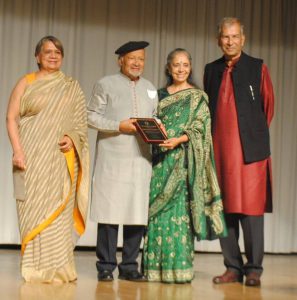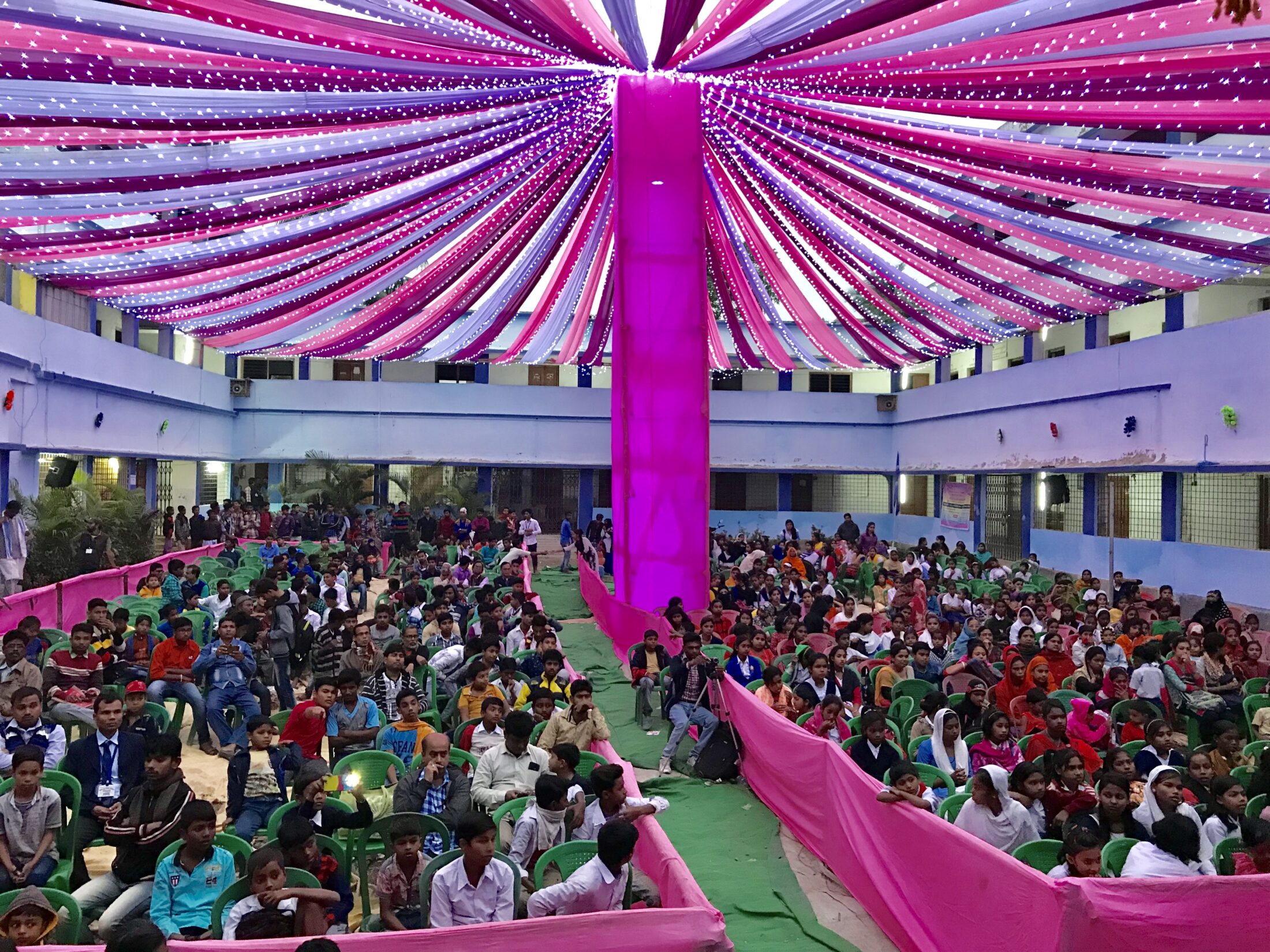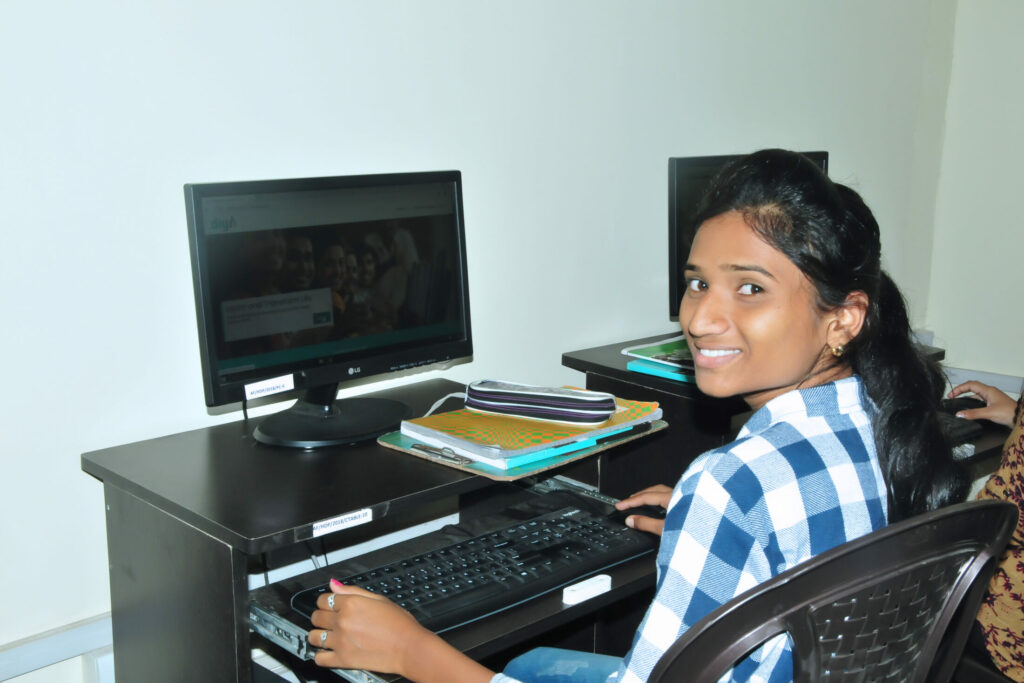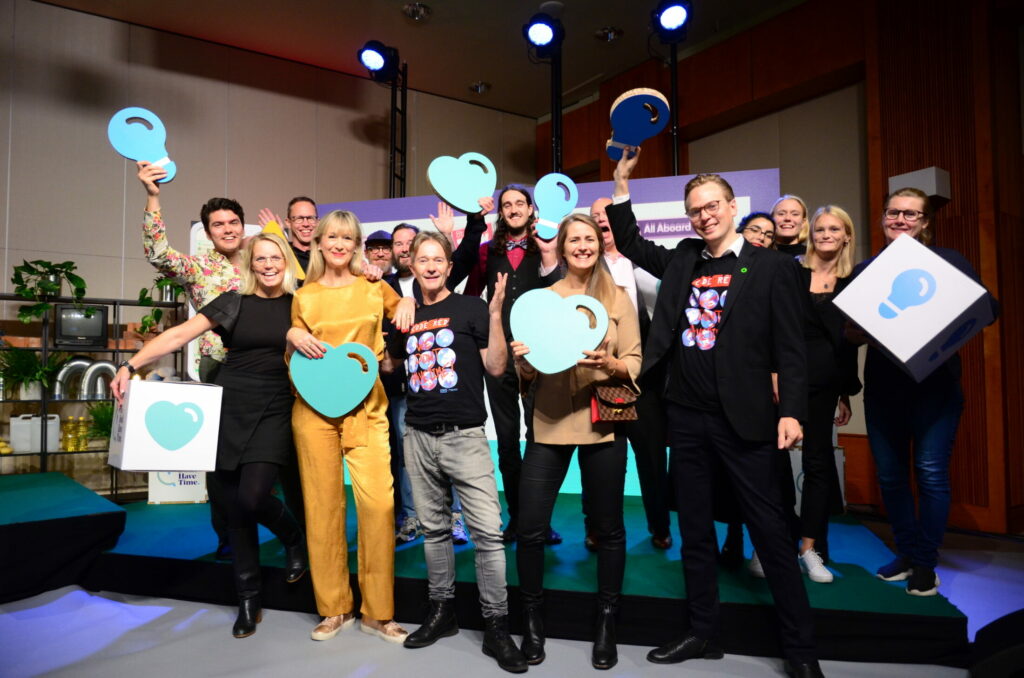After Nearly 15 Years of Experimentation, India Keeps Trying to Skill its Youth and Allow Them to Access Decent Jobs of Tomorrow.
Over 50% of Newly Graduated Students in India Remain at Low Employability Level: Should We Panic or Fight Back?
The surge of capital for skills has been steady and consistent, though with limited success so far when considering current levels of employability of new Indian graduates. Monisha Banerjee, ANUDIP FOUNDATION’s CEO, questions the solutions set to fix the ecosystem, their implementation, and our understanding of the ecosystem, asap.
By Monisha Banerjee, ANUDIP CEO
For the last 15 years, India has embarked on a mission to ‘transform’ its youth population by skilling them on job-oriented skills that could potentially provide human capital to the world. Several government schemes have transformed over the years to meet the national mandate of ‘no unemployment’. The outcomes have probably not met the requirements, to say the least. A 2019 report by Aspiring Mind states that 80% of engineering graduates in India are not employable and reports for other graduates are the same.
A 2021 UNESCO report entitled ‘No Teacher, No Class’, stated that over a million teaching positions in schools were vacant and this number was close to 69% in rural schools.
So, what is going wrong? While there may be a hundred reasons, we need to introspect on a fundamental question: Can our youngsters who emerge from a schooling system that is exam-centric and focused on just rote learning, pick up technical as well as work-readiness skills in a matter of 3-4 months (the average duration of most vocational training programs in India)? Can students who are lacking motivation to learn, who don’t ask questions, and who are exposed to a stressful exam-centric learning system throughout their lives break the habit and become active learners? What about perseverance and resilience? Do these youngsters have the other behavioral skills to pursue courses that might be challenging? What about youth aspiration? For the youngsters who come from under-resourced households, do they even WANT to work? Do they have role models that they can look up to? Or are training providers and government agencies deciding (or advocating) which courses students should take? Chimandande Ngozi Adichie’s famous spiel about the dangers of ‘Telling a single story’ is also relevant here. Why should youth from lower-income households ONLY aspire to do very low-skill jobs? How do we give youth the choice of careers without being patronizing about what is a ‘more suited’ vocation to undertake?


There has been a lot of literature and research reports by major consulting firms, UN agencies, and government and academia which talks of ‘21st Century’ skills. This is well-accepted. India is leading the change in the global South to make changes to its older education policy. Released in 2020. The New Education Policy (or NEP 2020 as it’s called) talks of democratizing choices for students, equipping them for a digital world, and giving the 21st Century skills that students will need to eke out a living and be responsible global citizens in a VUCA world. However, the road map to successful implementation is rid with uncertainty today. Vocational training institutions grapple with how to cultivate these changes in students where such courses remain heavily dependent on trained, experienced, and passionate faculty, which is a documented scarcity. Faculty training programs for a tired mass of 100,000 schoolteachers who often act as school administrators are important. A 2021 UNESCO report entitled ‘No Teacher, No Class’, stated that over a million teaching positions in schools were vacant and this number was close to 69% in rural schools. A whopping 110,000 schools were single-teacher schools. The situation needs a complete overhaul of teacher training programs, incentives to bring more teachers into the system, and a strong handholding and governance system to harden those teaching habits. More importantly, technology platforms that can NOT JUST help hone those skills in the 250 million school-going students BUT ALSO provide a measurement mechanism of those skills is of paramount importance. Assessments must consider evaluation of skills versus only knowledge. The mammoth transformation in a country of India’s size needs a multi-pronged approach by Government, Corporates, Academia, and Social Good Organizations to enable quicker change. Unless those partnerships are enabled quickly, and a climate built for experimentation at a micro level, decades and generations may remain deprived of the benefits of the right education that contributes to their life transformation.
80% of Indian engineers not fit for jobs, says survey – Business Today
https://www.ted.com/talks/chimamanda_ngozi_adichie_the_danger_of_a_single_story
Related articles

The list of Official Contenders for the 2023 rankings will begin to appear by December 1st, 2022. Time to join and update profile.
Time to Join the 2023 Contests: Become a Top SGO List’s Official Contender

10 Years Scouting the Social Good Sphere: Celebrating a Journey Toward a Better Future

In 2022, the USA 100 SGOs and the BRAZIL 25 SGOs are paving the way for more in 2023.